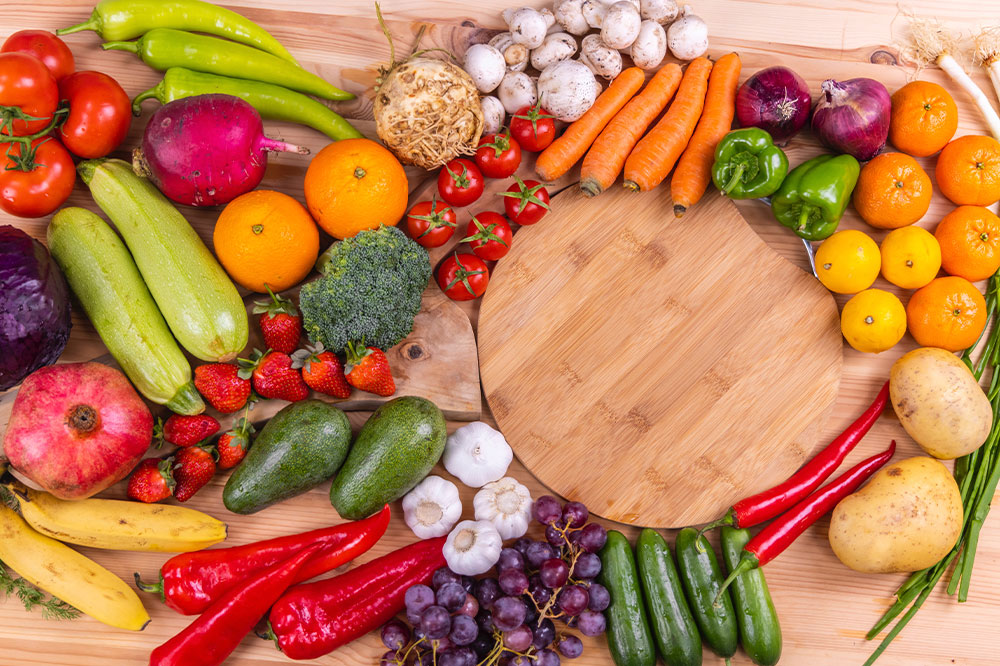Maximizing Health Benefits Through Optimal Protein Intake
Discover the vital role proteins play in maintaining health and how to optimize your diet for maximum benefits. Learn about key food sources, advantages of proper protein intake, and moderation tips to support muscle growth, enhance immunity, and ensure overall well-being. This comprehensive guide emphasizes the importance of balanced protein consumption for a healthier lifestyle at every age.

Understanding the Role of Proteins in the Human Body
Proteins are fundamental nutrients that are crucial for maintaining and enhancing our overall health. These complex molecules are central to a multitude of biological functions, including tissue repair, muscle synthesis, enzyme activity, and immune defense. As large biomolecules categorized as macromolecules — alongside carbohydrates, lipids, DNA, and RNA — proteins are indispensable for cellular structure and function across all living organisms. Their importance cannot be overstated, as they support the body’s growth, maintenance, and repair processes, ensuring optimal health at every stage of life.
The Benefits of Incorporating Adequate Proteins into Your Diet
Promotes healthy muscle growth and strength development
Helps preserve muscle mass during aging or caloric restriction
Supports the integrity of tendons, ligaments, and connective tissues
Enhances satiety, aiding in effective weight management
Contributes to blood sugar regulation by moderating carbohydrate absorption
Consuming sufficient protein, especially after workouts, is vital for muscle repair, recovery, and growth. Beyond physical strength, proteins are essential for maintaining healthy bones, boosting brain function, and preventing conditions like osteoporosis and arthritis. They play a key role in synthesizing vital enzymes, hormones, and neurotransmitters, with amino acids—building blocks of proteins—being critical for cognitive and physiological functions.
Top Dietary Sources Rich in Protein
The recommended daily protein intake varies: approximately 46 grams for women and 56 grams for men. To meet these needs, incorporate a variety of high-protein foods into your daily meals, such as:
Lean meats like chicken breast and turkey
High-protein dairy products including Greek yogurt, milk, and cottage cheese
Eggs, a complete protein source containing all essential amino acids
Legumes such as lentils, chickpeas, and various beans
Seafood options, including fish (salmon, halibut), shrimp, sardines, and other seafood
Nuts and seeds, like almonds, pumpkin seeds, and chia seeds, offering healthy fats alongside protein
Whole grains such as oats, quinoa, brown rice, and whole wheat bread
Lean cuts of pork and lean beef
Whey protein supplements, especially for athletes and those with increased needs
While protein is indispensable for health, excessive intake can pose risks, including burdening the kidneys, causing weight gain, dehydration, gastrointestinal issues, and increasing cardiovascular risks. Achieving a balanced intake tailored to individual health conditions and activity levels is essential for maximizing benefits while minimizing potential adverse effects.





